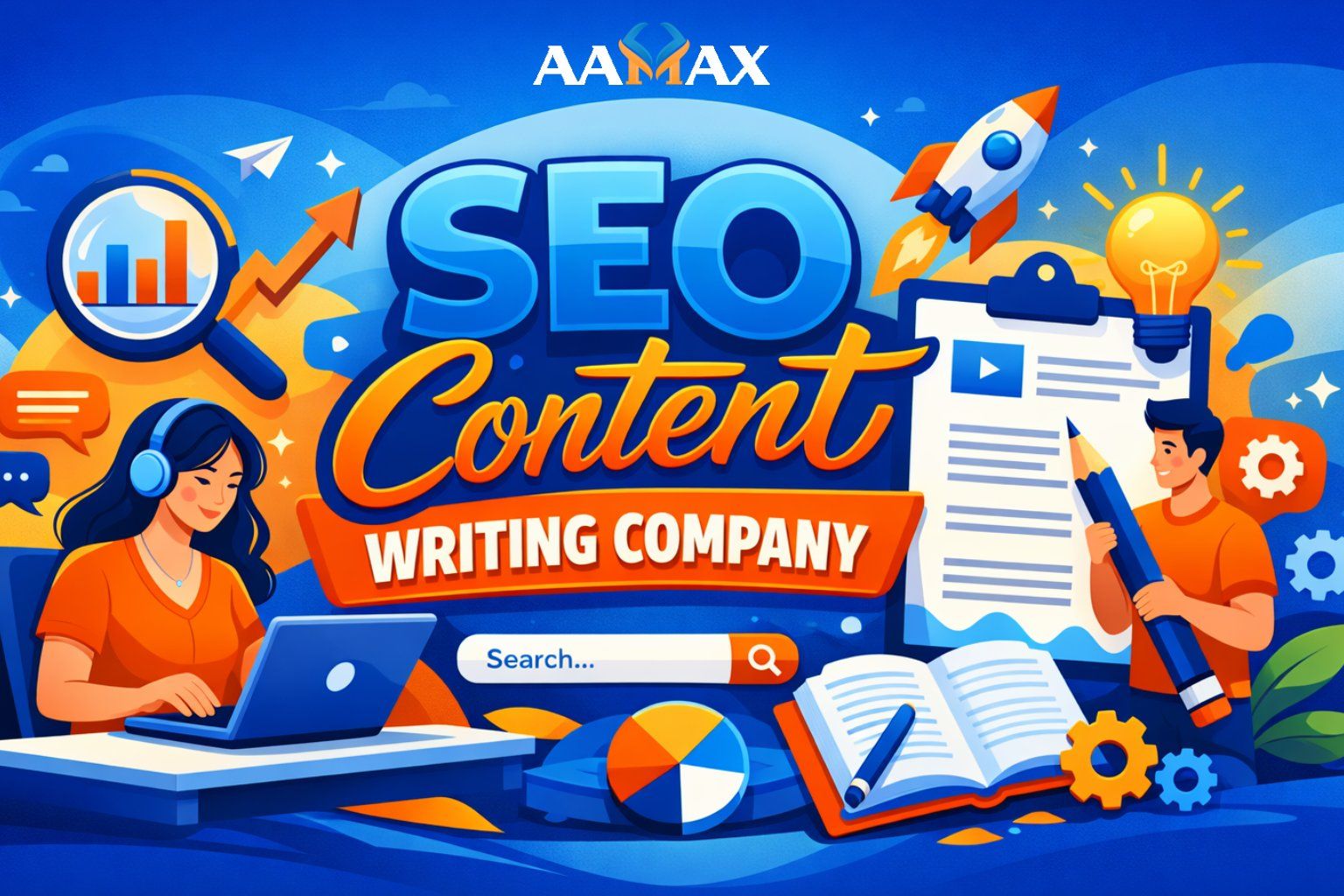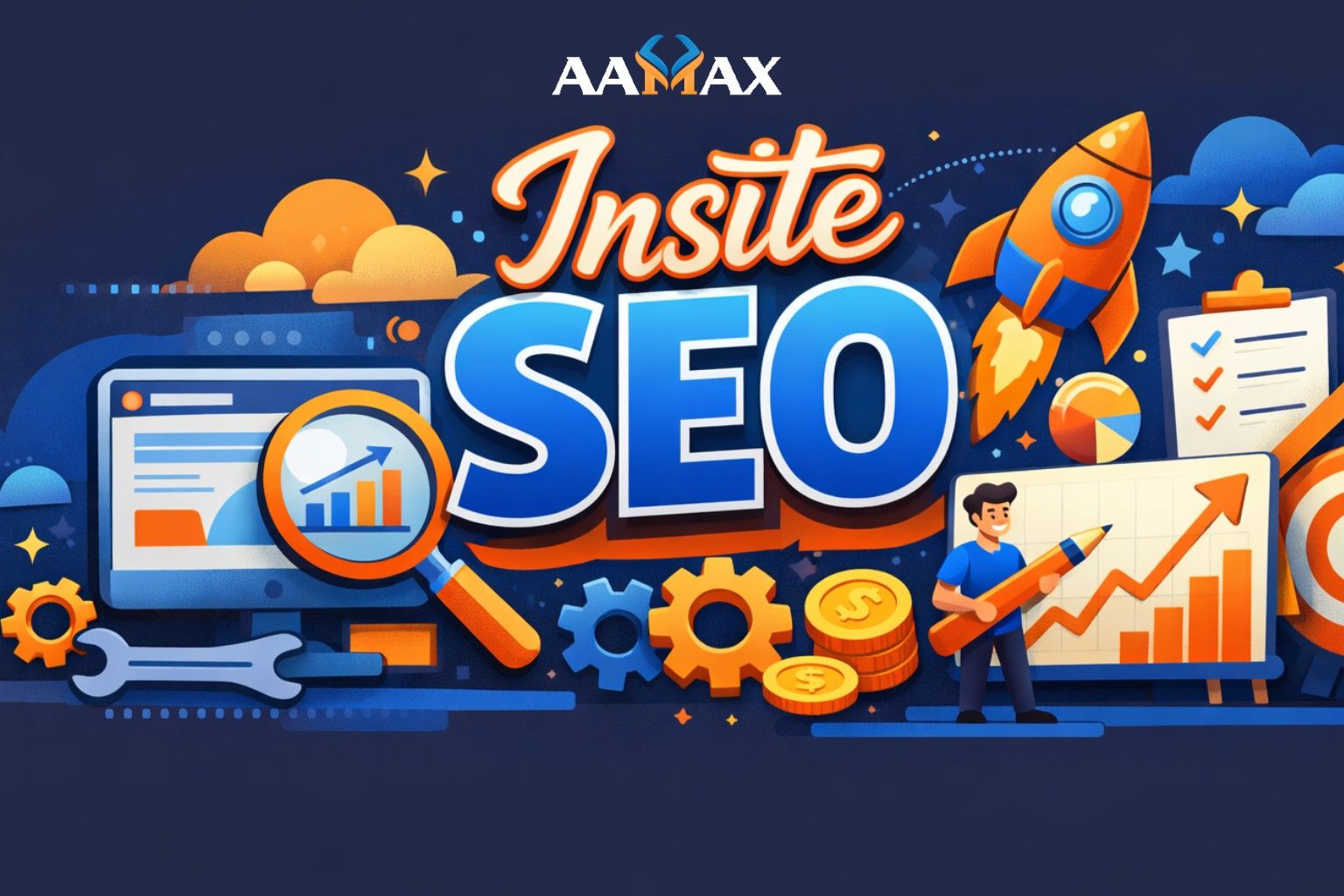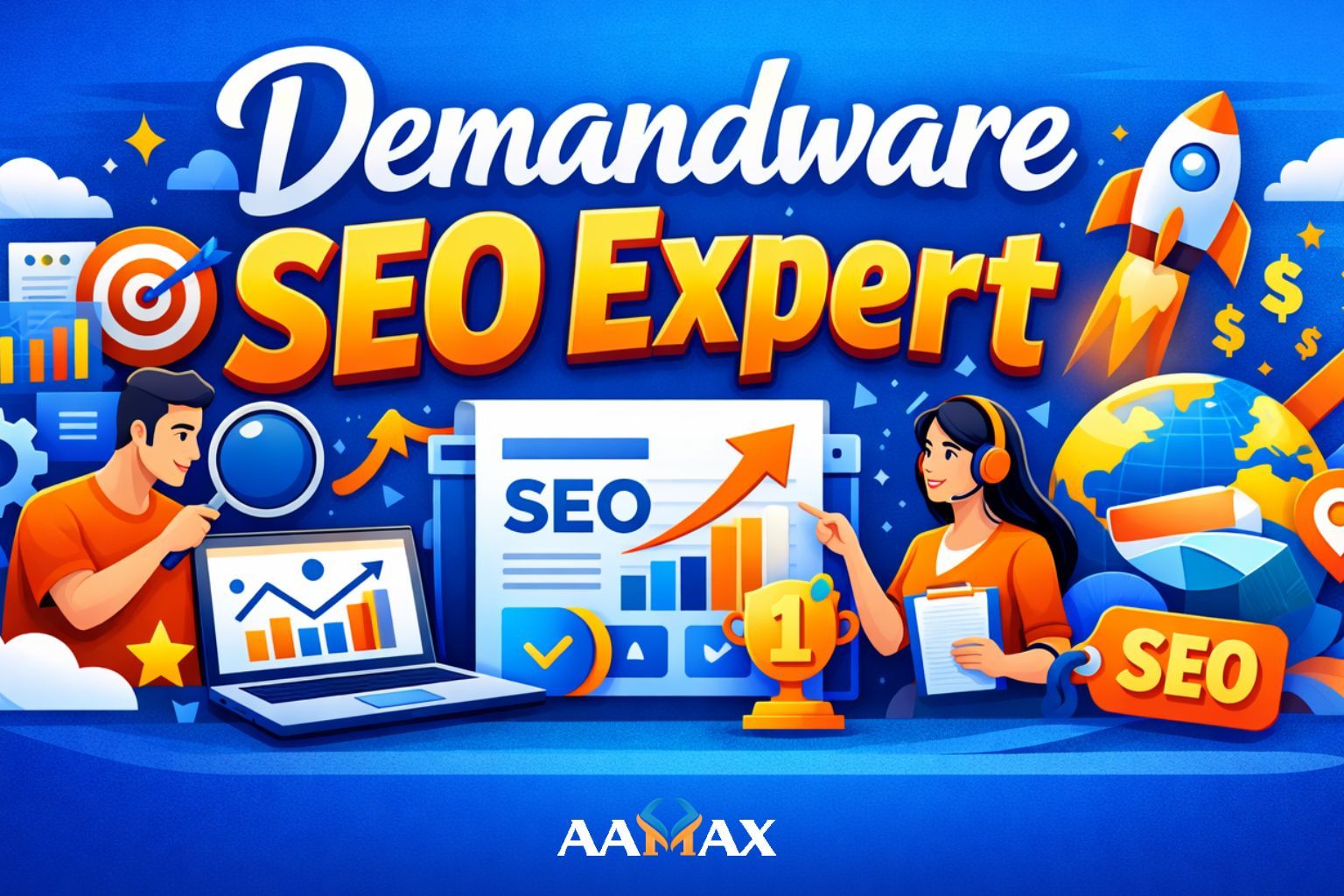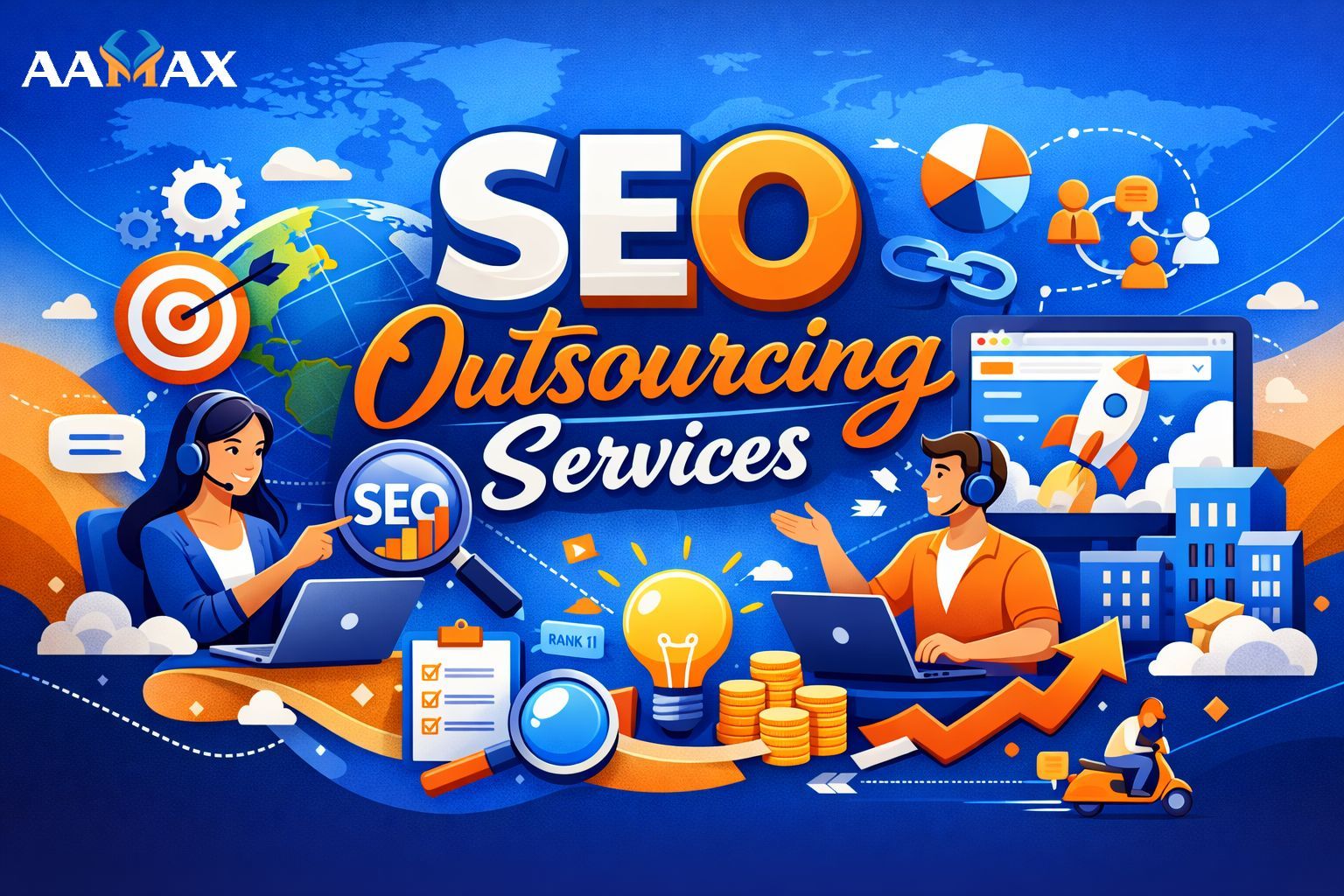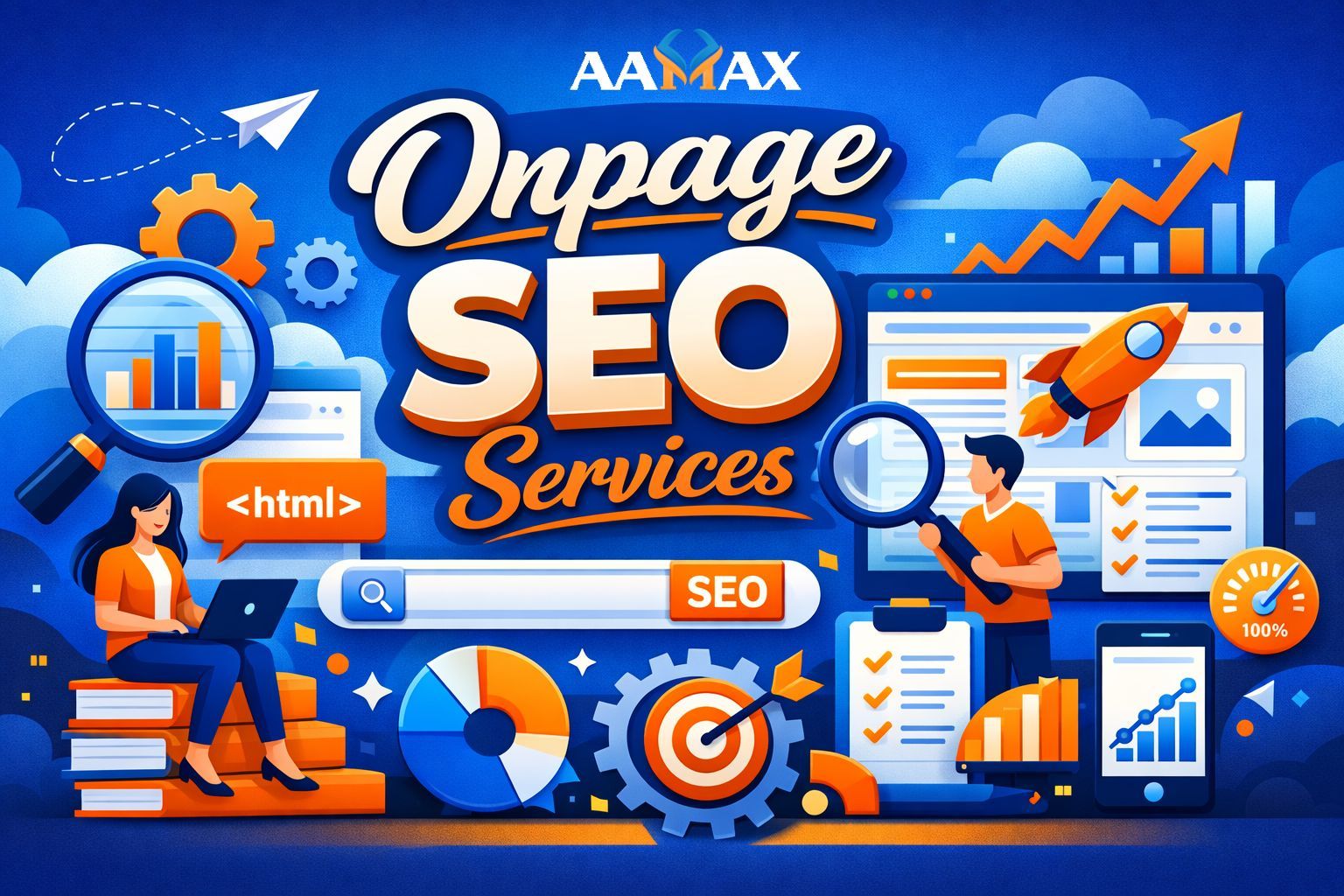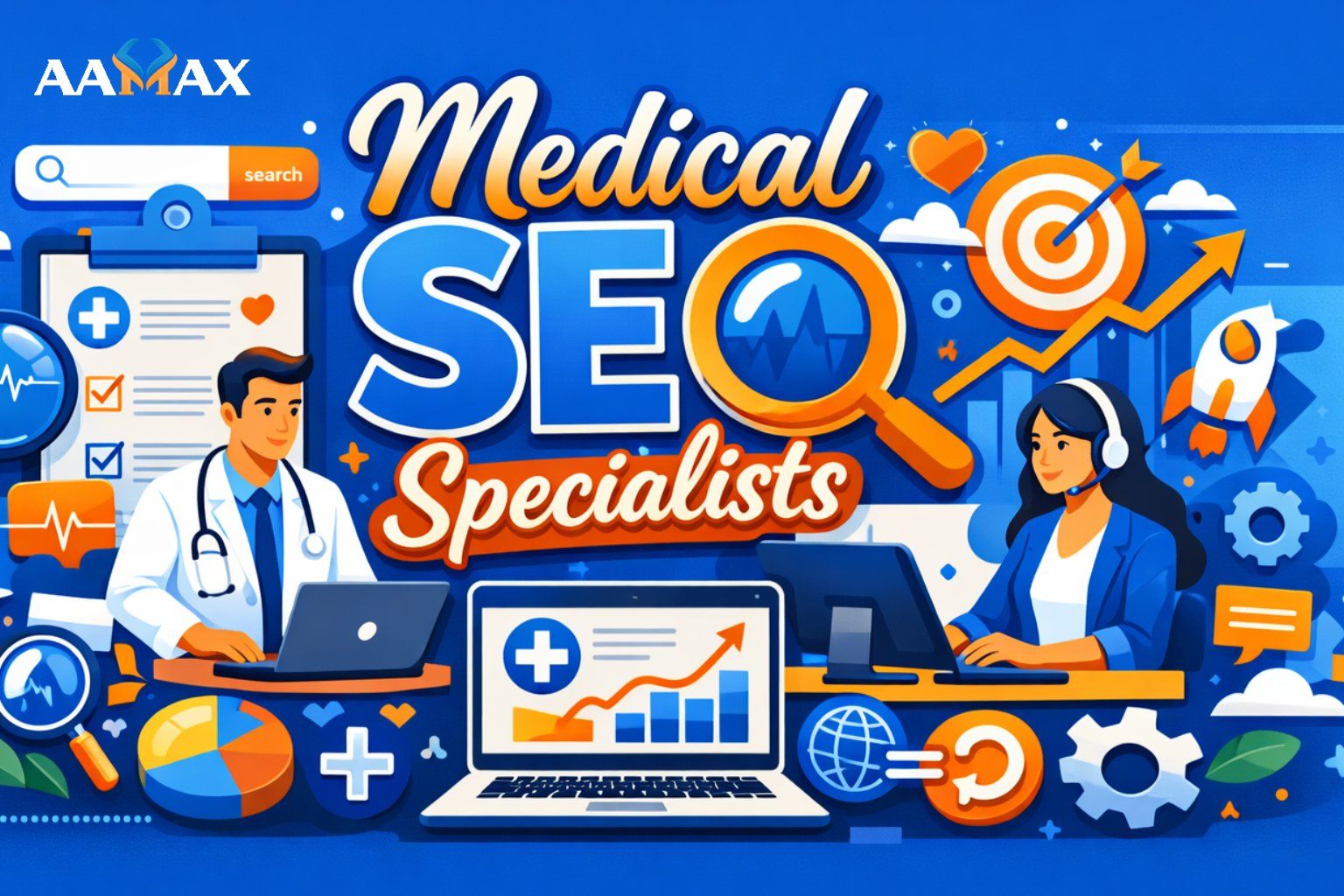
What Does PPC Stand For? Learn the Basics of Pay-Per-Click
Pay-Per-Click (PPC) is one of the most powerful and measurable forms of digital marketing today. Whether you’re an entrepreneur looking to drive sales or a digital strategist aiming to enhance brand visibility, understanding the fundamentals of PPC is critical. This guide breaks down everything you need to know—from what PPC stands for to how it works, the different types, benefits, and best practices.
What Is PPC?
PPC stands for Pay-Per-Click, a model of internet marketing in which advertisers pay a fee each time one of their ads is clicked. Instead of earning visits organically, you’re essentially buying visits to your website. It’s commonly associated with search engine advertising, like Google Ads or Bing Ads, where advertisers bid for ad placement in a search engine’s sponsored links.
For example, if you bid on the keyword “running shoes,” your ad might show up at the top of Google's search results page. If someone clicks your ad, you pay a small fee. When PPC is working properly, the fee is trivial, because the visit is worth more than what you pay for it.
How Does PPC Work?
PPC operates on a bidding system. Here’s how it works:
- Keyword Research: Advertisers identify keywords relevant to their business.
- Bidding: You set a maximum bid for how much you're willing to pay per click on your ad.
- Ad Auction: When someone searches for a keyword, an automated auction takes place, considering the bid amount and the ad’s quality score.
- Ad Placement: The winning ad is shown to the user.
- Payment: If the user clicks your ad, you pay the agreed-upon cost per click (CPC).
The main platforms that run PPC advertising include:
- Google Ads
- Bing Ads
- Facebook Ads
- LinkedIn Ads
- Twitter Ads
- Instagram Ads
- YouTube Ads
Why Is PPC Important?
PPC advertising offers unmatched value in terms of speed, targeting precision, and ROI. Here’s why it’s essential:
- Immediate Visibility: Unlike SEO, which can take months, PPC puts your business at the top of search engines instantly.
- Highly Targeted: Ads can be shown to specific audiences based on location, device, interests, and even time of day.
- Budget-Friendly: You can set a maximum daily budget and pause anytime.
- Measurable Results: With built-in analytics, you can track clicks, conversions, and ROI in real time.
- Boosts Brand Recognition: Even if users don’t click, they see your brand prominently.
Types of PPC Advertising
There are multiple forms of PPC ads, each suited to different goals and platforms.
1. Search Ads
These appear at the top or bottom of search engine results pages (SERPs) when users type a keyword. Ideal for capturing users with strong purchase intent.
2. Display Ads
Display ads are banner or image-based ads shown across websites that are part of the Google Display Network. These are great for brand awareness.
3. Shopping Ads
Shopping ads show product images, prices, and retailer information at the top of search results. Perfect for eCommerce brands.
4. Video Ads
These are short video clips shown on platforms like YouTube. Video ads are excellent for storytelling and brand engagement.
5. Remarketing Ads
These ads target users who have previously visited your website but didn’t convert. Remarketing brings them back to complete the purchase.
6. Social Media PPC
Platforms like Facebook, Instagram, and LinkedIn offer powerful audience targeting for PPC campaigns.
Key Components of a Successful PPC Campaign
Creating a PPC campaign is easy; making it successful is another story. Here are the core components you must focus on:
1. Keyword Selection
Choosing the right keywords ensures your ads show up for the right searches. Focus on:
- Long-tail keywords (e.g., “best running shoes for women”)
- Negative keywords (e.g., exclude "free" if you only sell premium products)
- Local keywords (e.g., “plumber near me”)
2. Ad Copy
Your ad should be compelling and relevant. Good ad copy includes:
- Clear headlines
- Unique selling points
- A strong call-to-action (CTA)
3. Landing Pages
Even the best ads won’t convert if they lead to poor landing pages. Your landing page should:
- Match the ad's promise
- Load quickly
- Be mobile-friendly
- Have a clear CTA
4. Quality Score
Google assigns a Quality Score to your ads based on relevance, CTR, and landing page experience. A higher score can lower your CPC.
5. Conversion Tracking
Use Google Ads and Google Analytics to track:
- Click-through rate (CTR)
- Cost per click (CPC)
- Conversion rate
- Return on ad spend (ROAS)
Benefits of PPC Advertising
PPC campaigns, when executed correctly, offer several compelling benefits:
Instant Results
Unlike SEO, which can take months to show results, PPC ads can start driving traffic and leads within hours of launch.
Cost-Effective
You only pay when someone clicks, making it highly cost-efficient if managed well.
Highly Measurable
With tools like Google Ads and Analytics, you can measure every aspect of your campaign in real time.
Full Control
PPC allows you to control your budget, target audience, and schedule.
Enhances Other Marketing Channels
PPC data can inform SEO, content marketing, and even email campaigns by revealing which keywords convert best.
Common PPC Mistakes to Avoid
Even seasoned marketers can make PPC mistakes. Watch out for:
Ignoring Negative Keywords
Failing to add negative keywords can waste your budget on irrelevant traffic.
Poor Landing Pages
Sending traffic to a homepage instead of a specific landing page results in lower conversions.
Not Testing Ads
A/B testing different headlines, images, and CTAs can dramatically improve performance.
Setting and Forgetting
PPC requires ongoing monitoring and optimization. Don’t assume one setup will work forever.
PPC vs SEO: Which Is Better?
This is a common debate, but the best approach is often a blend of both.
- PPC is faster, gives instant visibility, and is great for promotions.
- SEO is slower, but delivers sustainable, long-term traffic without ongoing ad spend.
PPC can also help test keyword viability before investing in long-term SEO efforts.
Should You Manage PPC Yourself?
While platforms like Google Ads are user-friendly, effective PPC management requires expertise in:
- Keyword research
- Audience targeting
- Budget allocation
- Ad copywriting
- Bid strategy
- Conversion tracking
If you're not confident in these areas, your budget could vanish without results.
Why Hire AAMAX for PPC Marketing?
If you’re serious about getting results from your PPC campaigns, hire AAMAX—a full-service digital marketing company that specializes in Web Development, Digital Marketing, and SEO Services.
Here’s why AAMAX stands out:
- Expert Team: Certified PPC experts who understand both Google and social media ad platforms.
- Data-Driven Strategy: Campaigns built on research, not guesswork.
- Transparent Reporting: Know exactly where your money is going and what it’s doing.
- All-in-One Service: Combine PPC with web development and SEO for a unified digital strategy.
By trusting AAMAX with your PPC needs, you can focus on your business while experts drive leads and sales through proven strategies.
Final Thoughts
PPC is a versatile, measurable, and highly controllable form of digital advertising. Whether you're just getting started or looking to refine your strategy, understanding the basics of pay-per-click can make a dramatic difference in your online success.
From keyword research to bid strategies and performance tracking, PPC requires both science and art. If that sounds overwhelming, you don’t have to go it alone.
Hire AAMAX today and let certified experts manage your PPC campaigns to maximize your return on investment. With AAMAX on your side, success isn’t just possible—it’s predictable.

